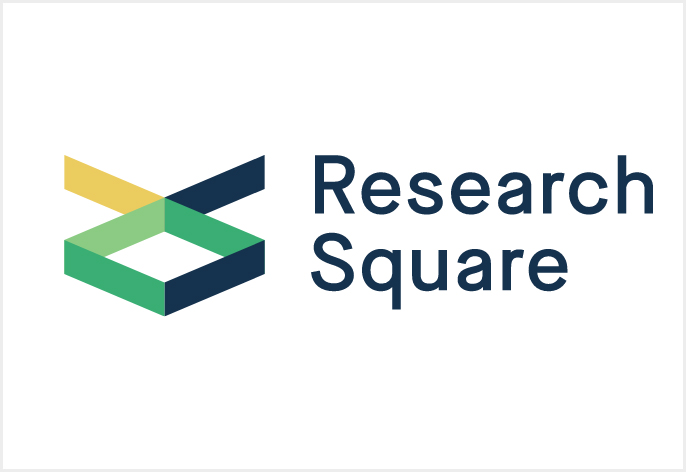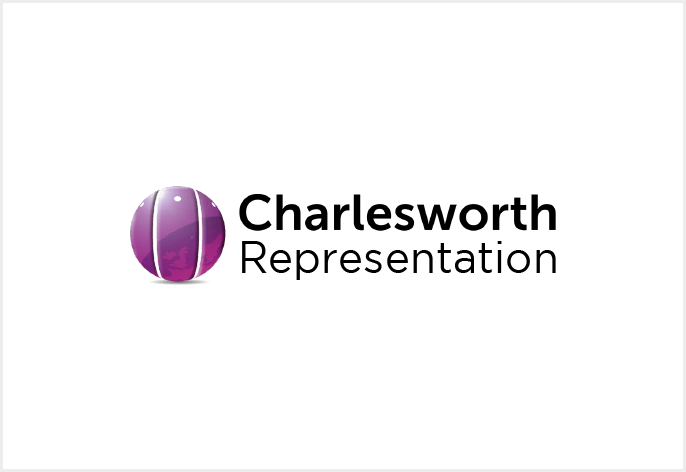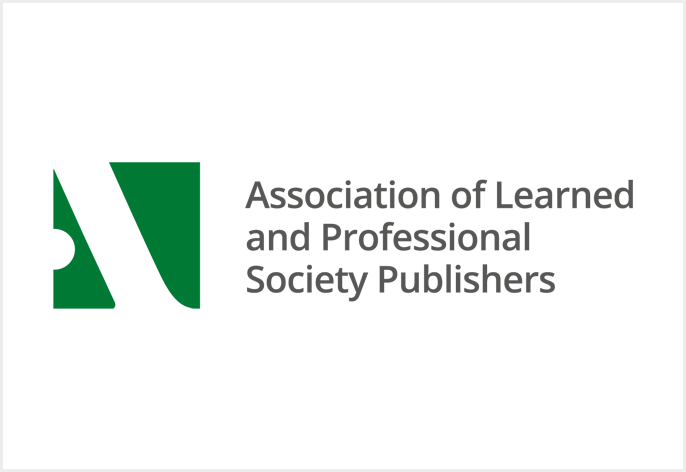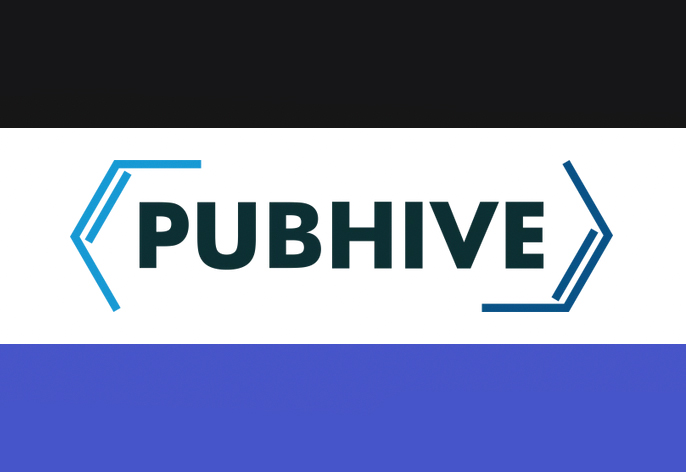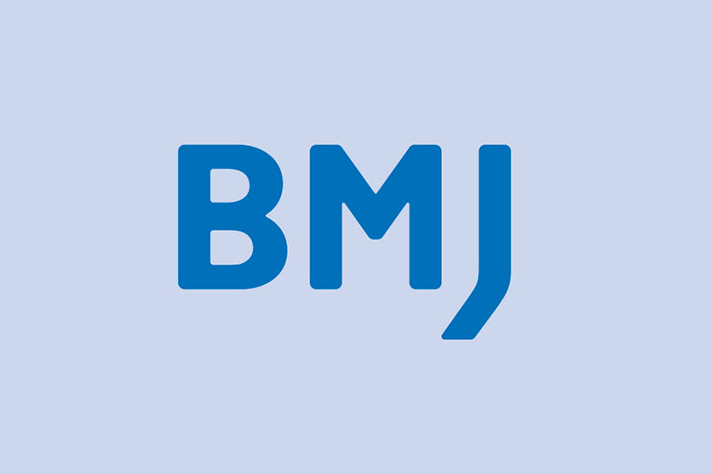As part of Washington State University Libraries’ renewal of their Wiley journal contract, WSU authors can now have articles published in roughly 1,400 different Wiley journals using an open access license without paying an article processing charge (APC). The service is available until the end of 2024, barring a cancellation of the Wiley package.
To cover publication costs, Wiley open access journals typically charge a publication fee. The APC is the price an author, institution, or funder pays on acceptance for publication of an open access article.
“Based on WSU’s past publishing patterns, it is estimated that if all WSU authors were to pay APCs for each of the articles published in these Wiley journals in this upcoming year, it would have cost WSU researchers $518,560,” according to Joel Cummings, WSU Libraries’ head of collection development. “The estimated savings to WSU researchers who have been paying APCs is roughly $150,000 a year. Through this renewal, WSU will continue to have the expansive access to Wiley journals, which remains one of the most used journal platforms at WSU.”
WSU Libraries received support this fiscal year from WSU’s Offices of the President and Provost to offset journal price inflation and to prevent cancellation of large journal packages. As a result, the libraries were able to renew their contract with Wiley, which would have been difficult without additional funding, Cummings said.
“Selecting the open access option in this renewal will cost the WSU Libraries a little more, but the price was still significantly below the average serial price increases that academic libraries face,” he added. “Overall, this should save WSU money by removing the need for researchers to individually fund APCs for their research, as many have been doing.”
Other publishers besides Wiley are entering into “transformative deals” like this one, Cummings said. The WSU Libraries haven’t entered into many open access publishing agreements to date; current agreements are described in an online library guide.
The Wiley open access publishing agreement is intended to promote the research being published by WSU researchers by making it accessible to everyone with an internet connection free of charge, he said. In general, research has shown that open access research tends to increase citation impact.
“Additionally, this service assists researchers in meeting funder mandates that may require funded research to be published open access,” Cummings said. “Researchers will not have to use their own grant funds or other funds to publish their research under an open access license via this publisher.”
To make an article open access within the Wiley submission process, please refer to a brief guide available online.

























